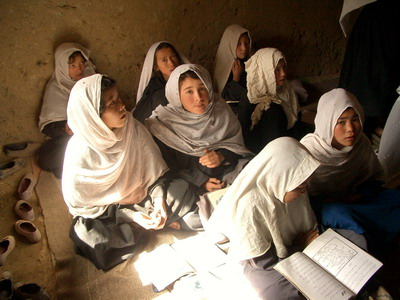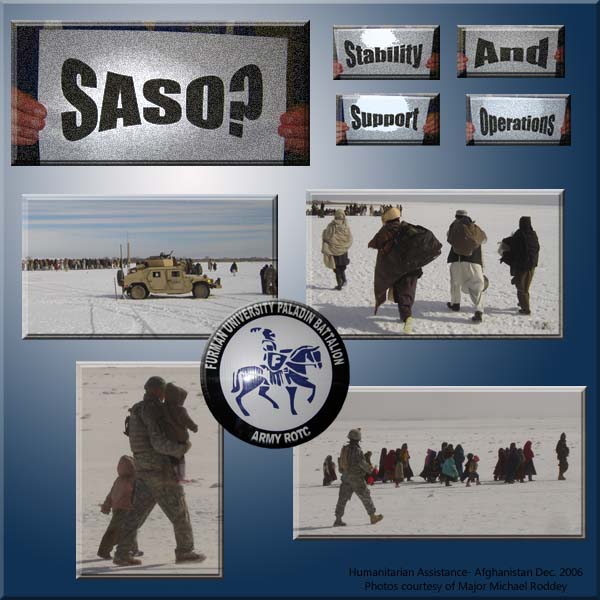
In today’s day and age, the more we are educated on a topic, the better prepared we are to cope and adapt to that same topic in real world situations. Nothing adheres more to this train of thought than environmental issues. The Earth’s climate is an intricate and complex system that is constantly changing as time goes on. It is difficult to forecast the local weather more than ten days in advance, let alone outline the planet’s climate for the next thousand years. If we as a population are to be committed to changing our lifestyles to be more “green” and sustainable, a better understanding of environmental processes is crucial.
At Furman University, sustainability and environmental awareness has become one of the pillars of the liberal arts education offered. “Sustainability is defined as meeting humanity’s present needs while enriching the ability of future generations to meet their own needs.” The reason behind this drive for increased awareness is the need that we as a society have for more informed leaders. In constructing and implementing policy, both domestic and foreign, a solid foundation of fact and understanding must be utilized so that the policy is effective and efficient.
To form an opinion on the issues surrounding the environment and climate change, you must first know the issue at hand. Without facts, without real life examples, and without education from differing viewpoints, it is difficult, if not impossible to take a stance and go about implementing what you see as the appropriate course of action.
As this blog has progressed, we have discussed the numerous policies passed and agreements made that are associated with the environment. But why? No matter what side of the debate you find yourself, keeping updated and informed on these environmental issues allows you to form well founded thought processes and make well informed decisions.
Photos of Sustainability at Furman University






